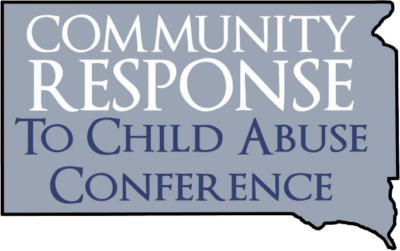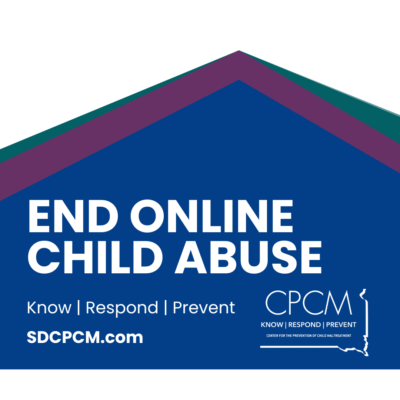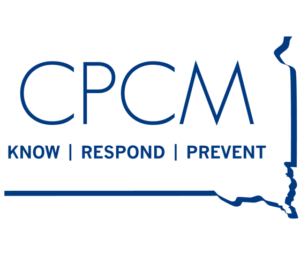Center for the Prevention of Child Maltreatment is developing sustainable solutions to reduce all forms of child maltreatment in South Dakota, beginning with child sexual abuse.
Child maltreatment prevention and response is a complex issue. Responsibility for prevention efforts and corresponding promotion of child wellbeing is shared across multiple agencies and programs in the child welfare system. CPCM brings unity to the work. The three pillars of our work are:
- Know: Building knowledge of best practices, data, and research.
- Respond: Fostering multidisciplinary response and intervention.
- Prevent: Uniting South Dakotans in prevention efforts by creating trauma-informed communities.
Sponsorship Opportunities

The Community Response to Child Abuse Conference is a gathering of more than 500 multidisciplinary team members from across South Dakota and the region in October of each year. National and local experts provide information on best practices that will help professionals and the public better understand child abuse and strengthen response efforts.
Your support of the conference enables the conference co-hosts to offer needed learning opportunities to the multidisciplinary professionals, advocates, and community members working across the state in the response to and prevention of child maltreatment.

CPCM is undertaking an initiative to end online child abuse. Your gift will create awareness, increase knowledge, and supply resources to families and communities to better understand online child abuse and prevention strategies.

